As the country grapples with a rise in hate crimes against racial, religious and gender groups, residents of a Northern California town say they are targeted for a different reason: because they are homeless.
CHICO, Ca. – The Eaton-Cohasset homeless encampment is located in the far north of Chico, a semi-rural college town about 90 miles north of Sacramento. It's a motley assortment of weathered tents, a couple of Dumpsters, and a potty jutting out of the muddy gravel.
With hate crimes against racial, religious and sexual minorities on the rise across the country, residents here say they are being targeted for another reason: because they are homeless.
"There's a guy going around with a loudspeaker and a mask saying, 'Get out of Chico or get killed,'" says Jimbo Slice, 29. A native of Paradise, about 20 kilometers east of Chico, Jimbo - he did not want to give his last name - is one of thousands of people left homeless after the 2018 Camp Fire that devastated the region. «Yesterday he passed three times by car».
For the residents of the camp, the threats feel all too real.
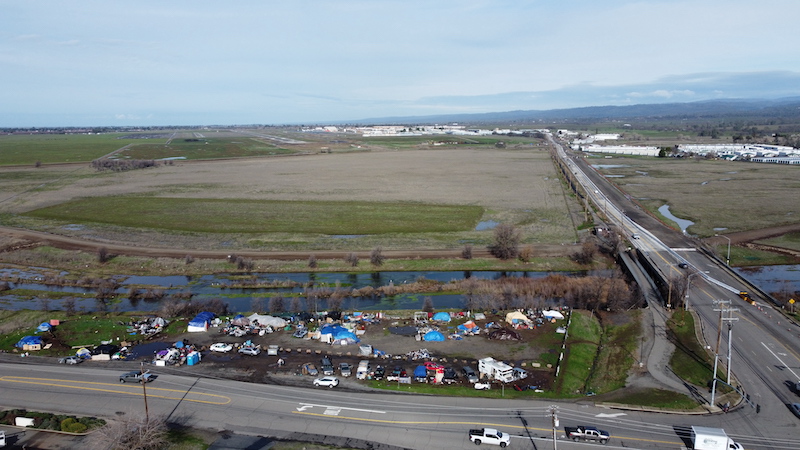
On several occasions during the past month of October and into November, the two dozen or so people who live here were sprayed with compressed air pellets fired from a passing vehicle. Charles Withuhn of the North State Shelter Team, which provides mobile showers for the homeless in Chico, says four people were hit in those incidents.
“In the early afternoon, before it got dark, a police car was driving by. A few minutes later, a compact car passed by with passengers shouting profanity (and releasing) high-powered automatic pellets," residents told Withuhn.
The year before, two teenagers shot dead a homeless man at the nearby Teichert Ponds camp and wounded another. The judge in that case dismissed the charges, ruling that the shootings were fired in self-defense before any exculpatory evidence was presented.
Phil, who is 56 and has lived in the Eaton-Cohasset camp for the past two months, says being homeless in Chico is like having a target on your back. He points to his bicycle, which is leaning against the low barbed wire that fences the camp. "If you ride a bike with a backpack in this city, you're a target."

Hate crime law experts say the original intent of these laws was to protect groups identified by specific, immutable characteristics, such as race, religion, or sexual identity. A person with long experience in the field who spoke in the background said there is now a heated debate about whether to extend such protections to other classes, including the homeless.
In 2019, such an initiative failed to make it past committee hearings. Opponents at the time argued that hate crime laws would not deter attacks against the homeless. More recently, they argue that extending such protections to the homeless would dilute the effectiveness of hate crime laws at a time when hate crimes and related incidents targeting racial, ethnic, and gender groups are on the rise.
But California is home to nearly a third of the country's homeless population, and solutions seem non-existent, so frustration is mounting and, in some cases, escalating into violence directed at an already marginalized and vulnerable group.
In Chico, homeless advocates say social media and political rhetoric are adding fuel to the fire, portraying the homeless as a threat to public safety at a time when some city leaders seem bent on attracting urbanites who work from home and want to leave the big cities and return to the life of smaller towns.
There's a "constant group of people who only have negative things to say on social media, and when that's all the public is ingesting, it translates into a hateful attitude toward people experiencing homelessness," he says. Hilary Crosby, executive director of Safe Space, which provides overnight shelter for the homeless in Chico.
The latest point count for 2019 puts the number of homeless in and around Butte County at 1,125, though many here say the actual number is likely much higher. New figures are expected in March.
Addison Winslow is a Chico native and the only progressive voice on the City Council. "The right has concocted a narrative that taps into popular resentment toward the homeless" to create an increasingly hostile and potentially dangerous atmosphere for the homeless. Violence is "generalizing," he adds.
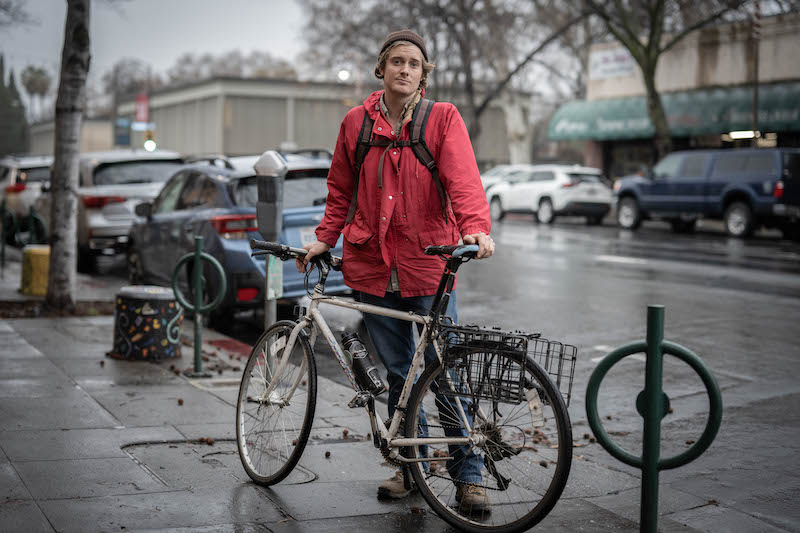
Meanwhile, the right flaunts phrases like "toxic compassion" to justify denying ordinary people resources.
Sue Hildebrand is a local activist and radio host. In early December, she was physically assaulted by a homeless woman while running errands. "In reviving it, there were about four or five seconds where I thought it was going to kill me," recalls Hildebrand, brushing back her hair to show the raw patches of skin where her hair had been yanked out.
But rather than turn on the homeless, Hildebrand says her experience is an example of why the city needs to do more to provide essential services -- including mental health resources -- to this population.
"The lesson learned is not that you shouldn't help people," he says. "The lesson learned is, we are not helping people and that is making our community more dangerous."
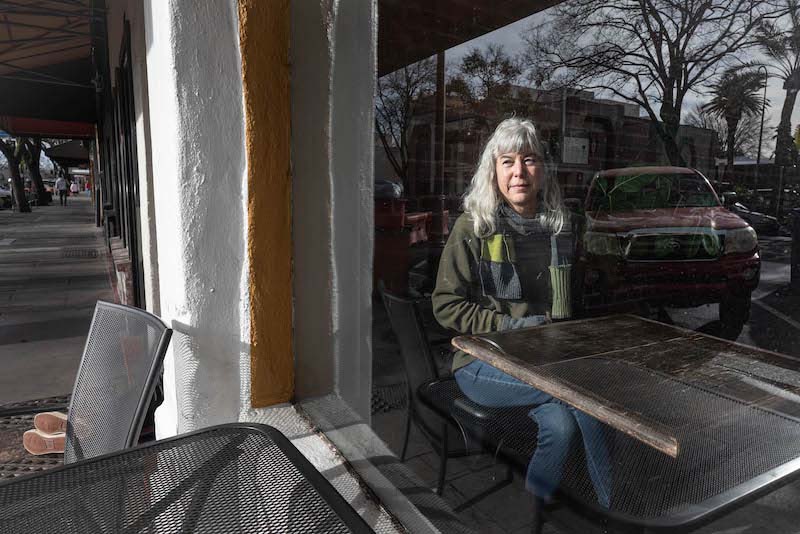
At the Eaton-Cohasset camp, one of three licensed by the city, the situation is increasingly desperate.
"Every day big trucks drive by honking their horns, yelling at us," says Phil, who jokingly suggests putting a sign on the fence that reads, "Honk if you support the homeless." "I bet they'd stop honking," he laughs, before his mood turns somber again. "I worry that one of these days they will form surveillance groups."
It's early evening at a Safe Space shelter near the center of town. Inside, Colleen Olson (pictured above) sits in a metal folding chair snuggled around her Chihuahua. Born and raised in Chico, Colleen recently lost her motorhome after it was towed away for being illegally parked. He's struggling to come up with the money needed to get her out of the warehouse.
In a flurry of words, she recounts one tragedy after another, ending with the death of her boyfriend, the same individual she says was killed in the Teichert Ponds shooting.
When asked what has changed in Chico since his childhood, he doesn't miss a thing. This is not the city I grew up in. It's more hateful."
Additional reporting by Leslie Layton at chicosol.org. Photos by Manuel Ortiz.
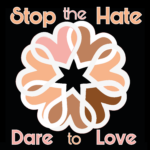
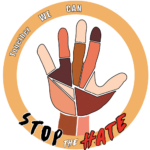
This publication was supported in whole or part by funding provided by the State of California, administered by the California State Library.

You may be interested in: Santa Clara and San Francisco conclude “public charge” lawsuit that affected immigrants




